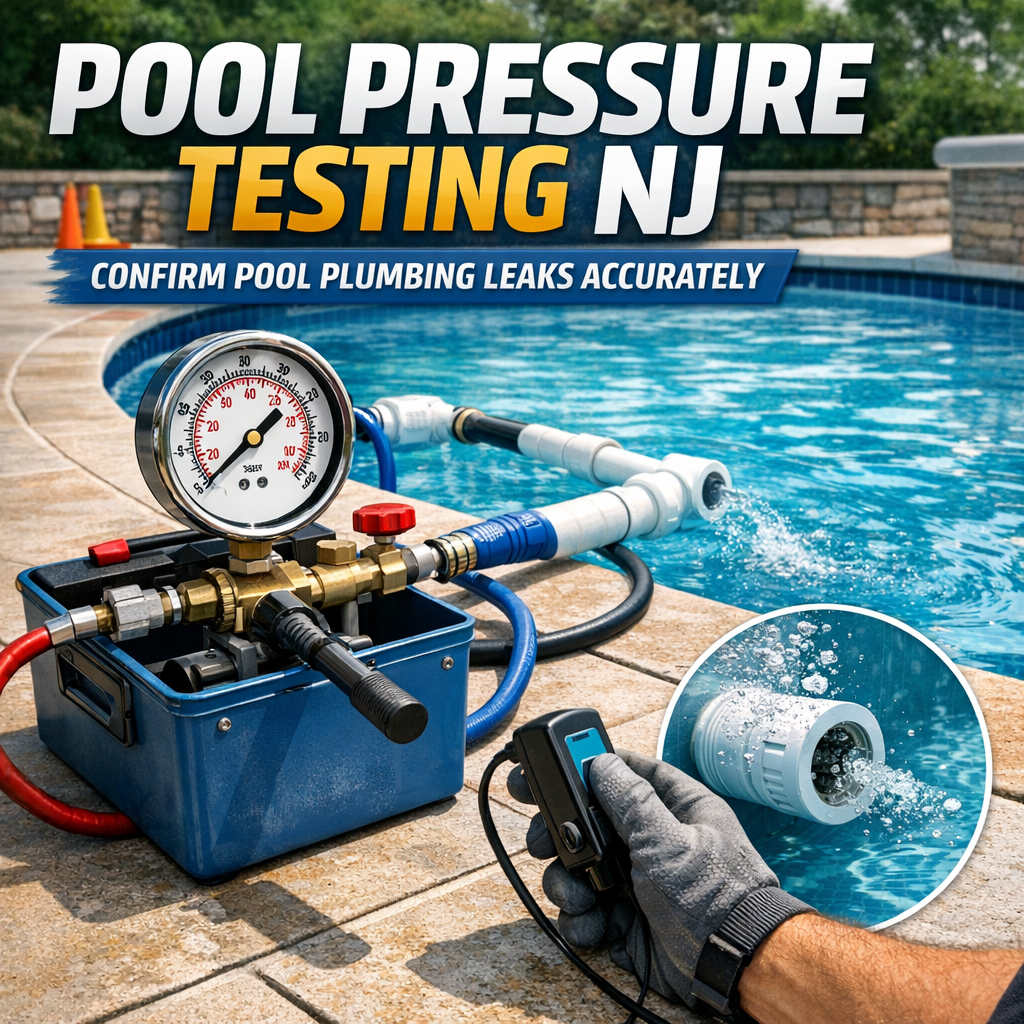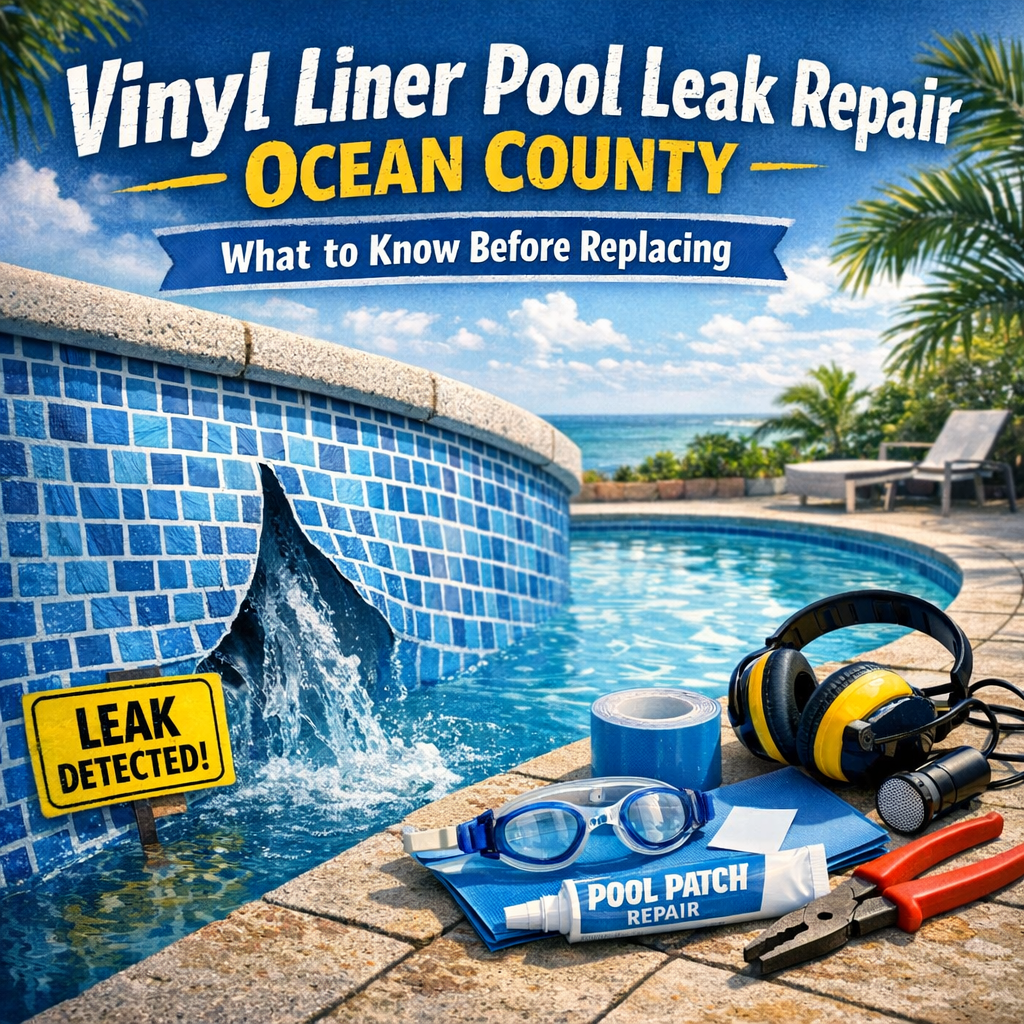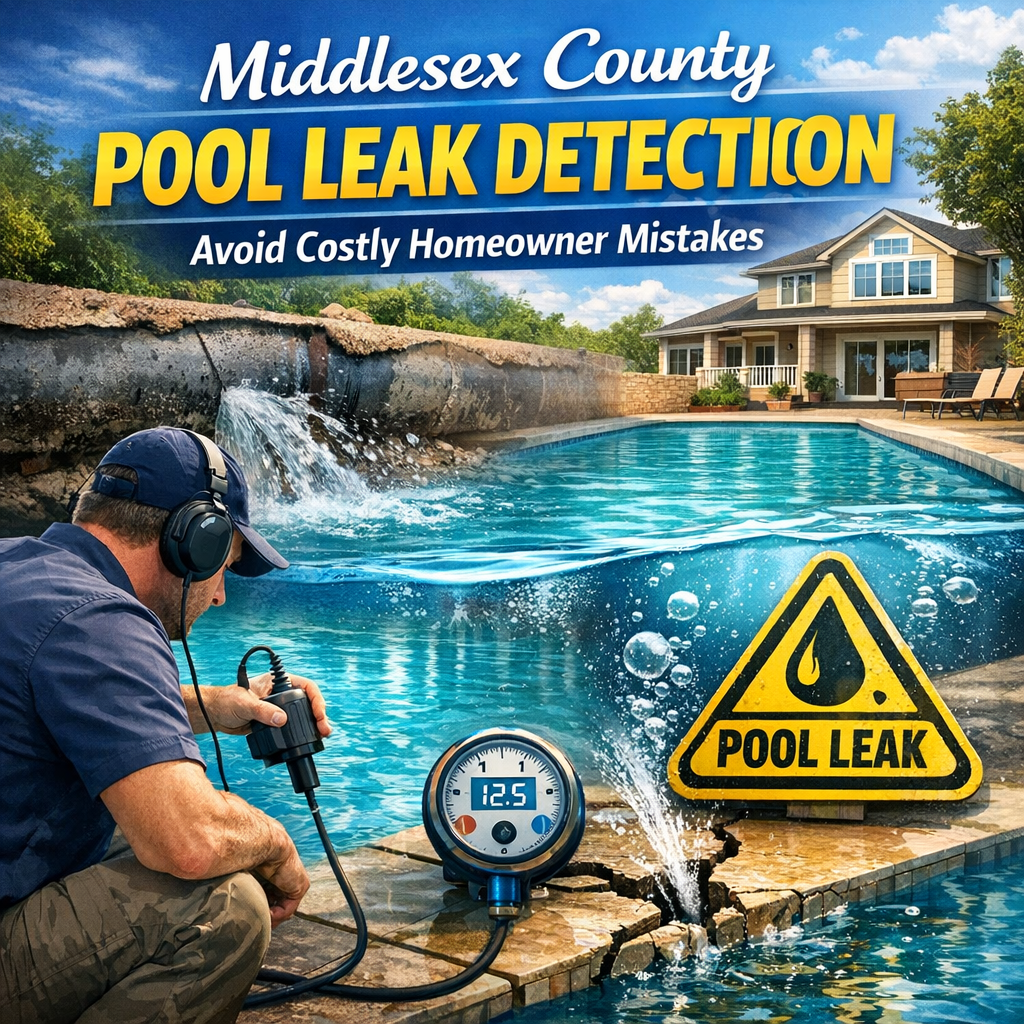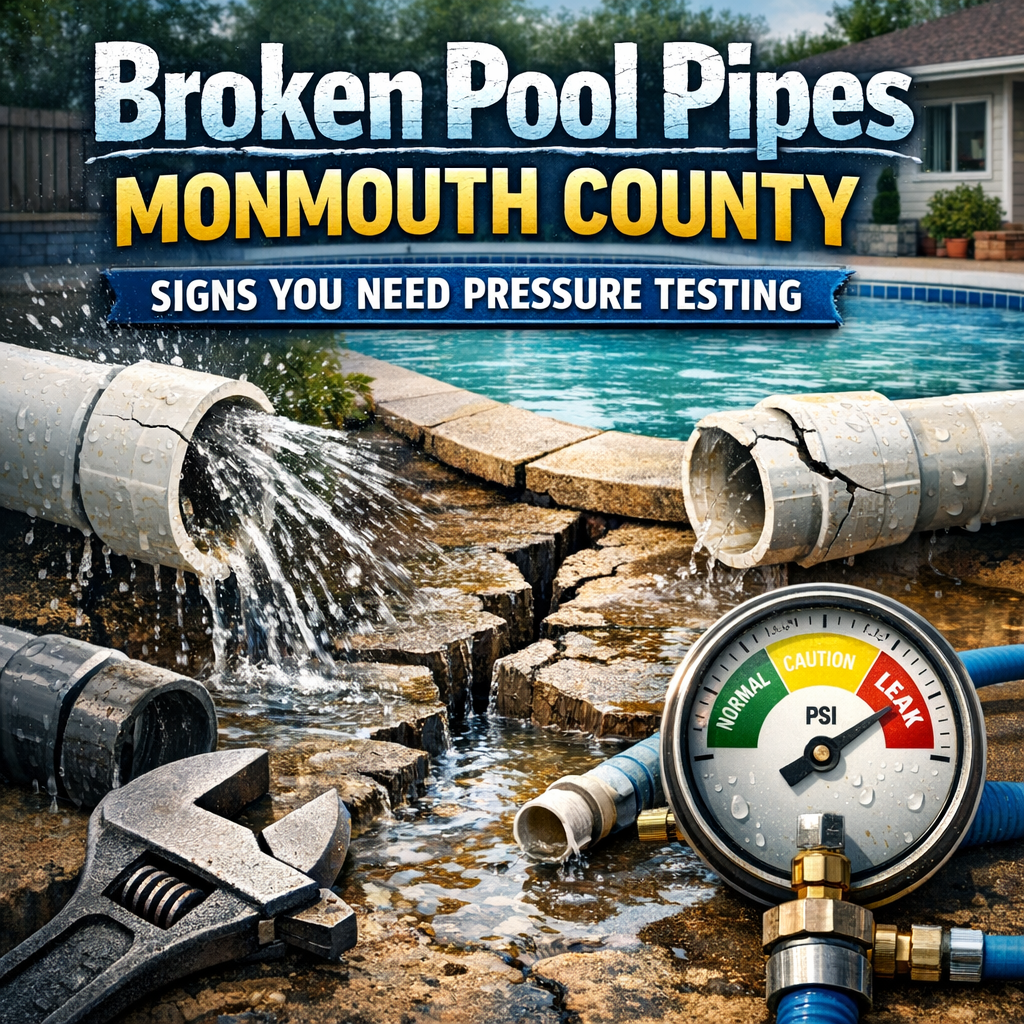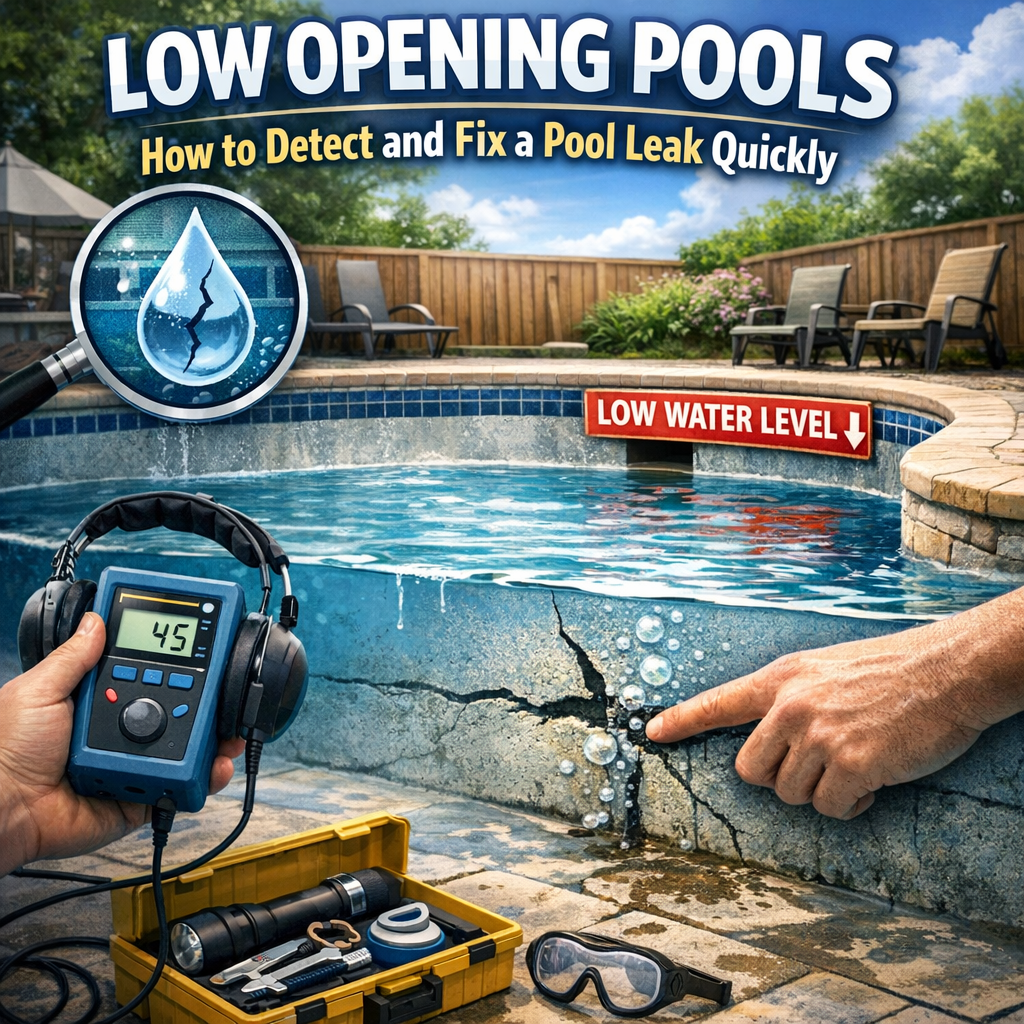Pools are a cherished feature of many homes, offering relaxation and recreation throughout the year. Howell Pools, known for their durability and quality, can still experience seasonal structural leaks that develop over time. Understanding how these leaks form, recognizing their signs, and implementing preventative maintenance are essential for preserving the integrity of your pool. This article explores the common causes behind seasonal structural leaks in Howell Pools, identifies typical signs during different seasons, and provides practical tips to minimize their occurrence.
Understanding the Causes of Seasonal Structural Pool Leaks in Howell Pools
Seasonal structural pool leaks in Howell Pools often develop due to a combination of environmental factors, material stress, and age-related deterioration. During colder months, the water inside the pool can freeze, expanding and exerting pressure on the pool’s walls and joints, which may lead to cracks or fractures. Conversely, in warmer seasons, increased evaporation and temperature fluctuations can cause the pool’s materials to expand and contract, weakening seals and joints over time. Additionally, the natural settling of the ground beneath the pool can create shifts that stress the structural components, resulting in minor fractures that worsen with each season. Over years, the cumulative effect of these factors can lead to leaks that are sometimes difficult to detect until significant damage has occurred.
Common Signs and Symptoms of Leaks During Different Seasons
Identifying leaks early is crucial to prevent extensive damage. In spring and summer, signs often include unexplained water loss, a drop in water level despite regular refilling, and the presence of wet spots or soft spots around the pool’s perimeter. During fall and winter, leaks may manifest as increased water consumption, persistent dampness near the pool area, or ice formation in unexpected places if the pool is not properly winterized. Cracks or bulges in the pool walls, reduced water clarity, and an increase in algae growth can also be indicators of structural compromise. Recognizing these symptoms across different seasons allows pool owners to address issues promptly, minimizing repair costs and maintaining pool safety.
Preventative Measures and Maintenance Tips to Minimize Leaks
To reduce the risk of seasonal structural leaks, regular maintenance and preventative measures are essential. Ensuring proper winterization, such as lowering water levels and adding antifreeze agents, can prevent freeze damage during cold months. Inspecting the pool’s structure, joints, and seals before and after each swimming season helps identify early signs of wear or cracks. Maintaining appropriate water chemistry levels reduces stress on the pool’s materials, while ensuring proper drainage and ground stabilization prevents shifting that could cause structural issues. Additionally, scheduling routine professional inspections can catch minor problems before they escalate into major leaks. Implementing these practices fosters the longevity of Howell Pools and preserves their structural integrity across seasons.
Seasonal structural leaks in Howell Pools are a common concern rooted in environmental influences, material wear, and ground movement. By understanding their causes, recognizing the signs early, and adopting consistent maintenance routines, pool owners can effectively minimize the risk of leaks and extend the lifespan of their pools. Proper care and vigilance ensure that Howell Pools remain a safe and enjoyable feature in any season.


